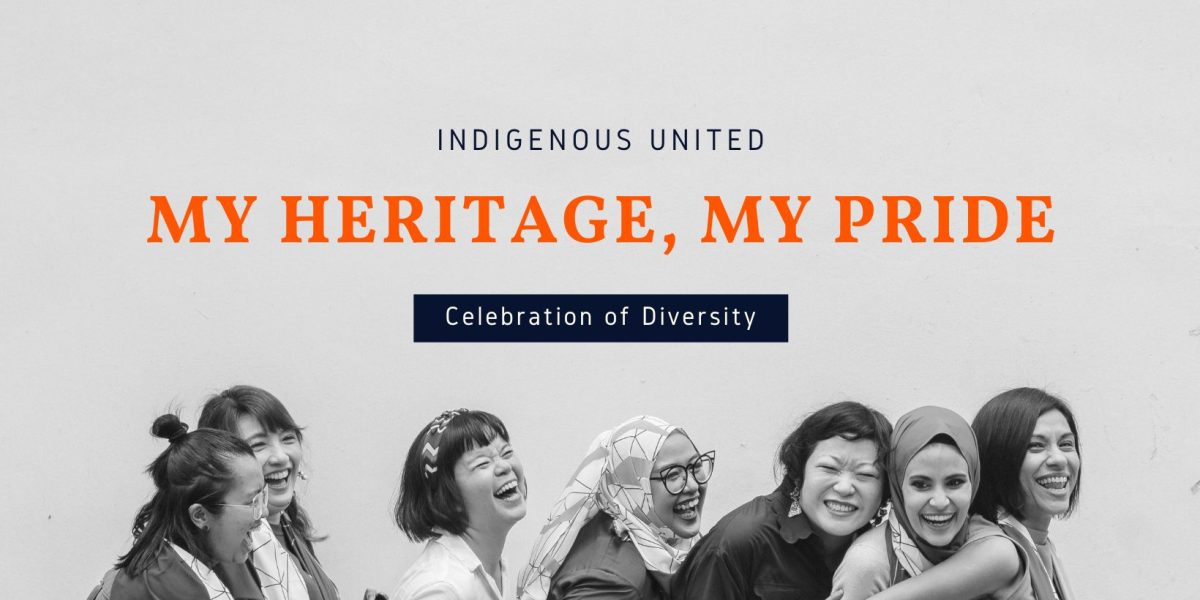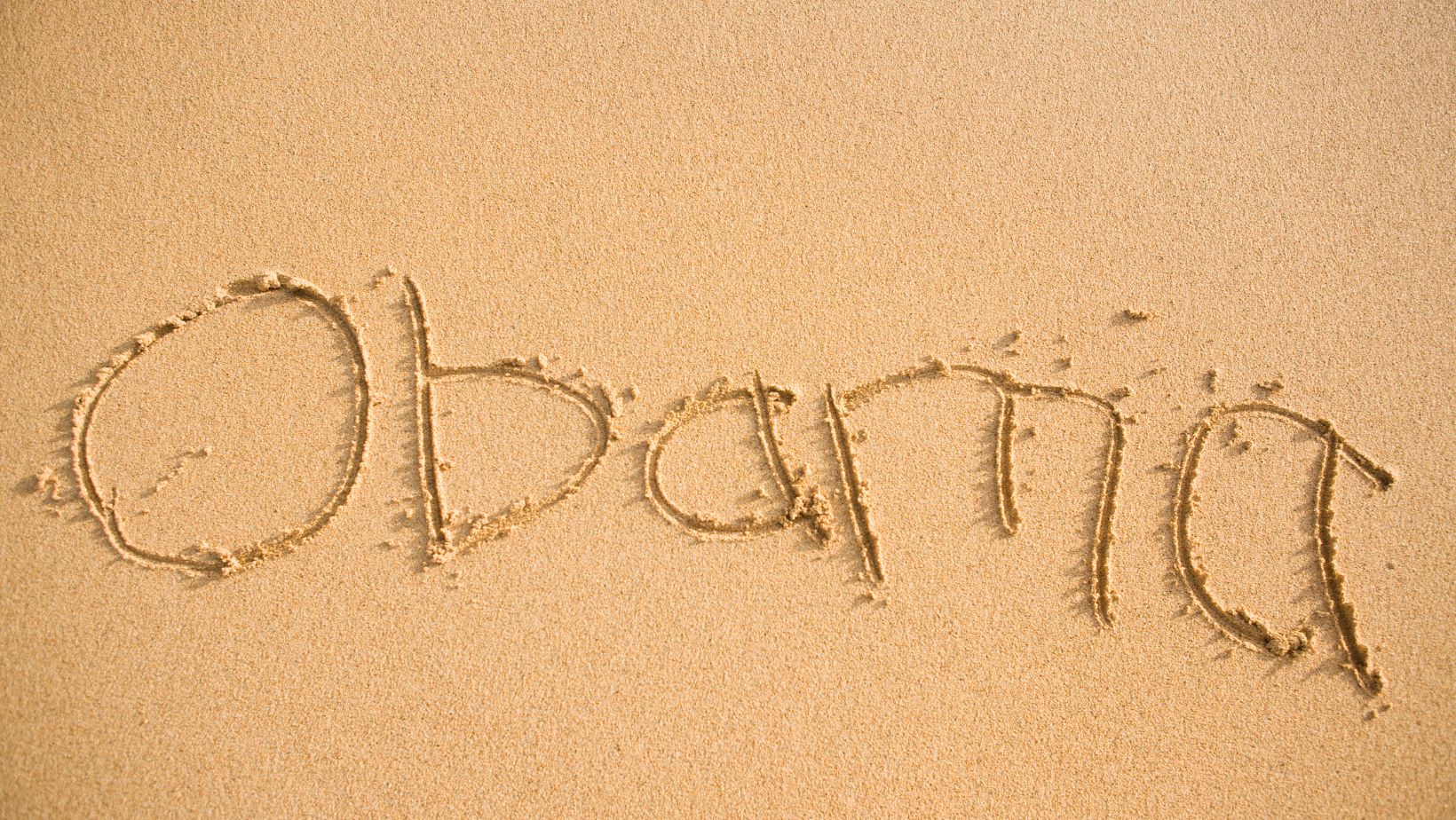Honoring the Rich Tapestry of Native Cultures
Indigenous Peoples Day, celebrated on the second Monday of October in the United States, is a day dedicated to recognizing and honoring the diverse cultures, histories, and contributions of Indigenous peoples. It serves as a powerful counter-narrative to Columbus Day, which has been criticized for celebrating the arrival of Christopher Columbus and the subsequent colonization of the Americas, a period marked by violence, exploitation, and the displacement of Indigenous communities. In this blog, we will explore the meaning of Indigenous Peoples Day, its significance, and why it matters in today’s world.
A Shift in Perspective
Indigenous Peoples Day represents a shift in perspective and a growing recognition of the importance of acknowledging the rich tapestry of Native American cultures. It encourages us to move beyond the Eurocentric view of history and explore the narratives, achievements, and resilience of Indigenous peoples.
Celebrating Culture and Heritage
One of the primary goals of Indigenous Peoples Day is to celebrate the vibrant cultures and traditions of Native Americans. These cultures have deep roots and are characterized by their diversity, encompassing unique languages, art, music, dance, storytelling, and spiritual practices. By recognizing and celebrating these traditions, we can foster a deeper appreciation for the beauty and complexity of Indigenous cultures.
Acknowledging Historical Injustices
Indigenous Peoples Day also provides an opportunity to acknowledge the historical injustices that Indigenous communities have endured. From forced removals and land dispossession to cultural suppression and violence, the history of Indigenous peoples in the Americas is marked by hardship. By recognizing these injustices, we can begin to address the ongoing issues faced by Indigenous communities, such as poverty, healthcare disparities, and educational challenges.
Promoting Healing and Reconciliation
The observance of Indigenous Peoples Day is a step toward healing and reconciliation. It encourages dialogue between Indigenous and non-Indigenous communities, fostering a greater understanding of the experiences, struggles, and aspirations of Native Americans. By acknowledging the past and working together to build a more just and inclusive future, we can pave the way for reconciliation and healing.
Emphasizing Environmental Stewardship
Many Indigenous communities have a deep connection to the land and a strong tradition of environmental stewardship. Indigenous Peoples Day reminds us of the importance of preserving and respecting the natural world. It highlights Indigenous knowledge and practices that can offer valuable insights into sustainable living and conservation efforts.
Empowering Indigenous Voices
Celebrating Indigenous Peoples Day also empowers Indigenous voices and leaders. It provides a platform for Native Americans to share their stories, perspectives, and visions for the future. By amplifying Indigenous voices, we can work together to address contemporary issues affecting Indigenous communities, including social justice, healthcare, education, and economic opportunities.
Conclusion
Indigenous Peoples Day is more than just a holiday; it is a powerful symbol of recognition, respect, and reconciliation. It challenges us to reevaluate our historical narratives and perspectives, encouraging a more inclusive and compassionate society. By celebrating the cultures, acknowledging the injustices, and promoting healing and reconciliation, we can work toward a future where Indigenous communities thrive, their voices are heard, and their rich heritage is celebrated and preserved for generations to come. Ultimately, Indigenous Peoples Day reminds us of the importance of unity and cooperation in building a more just and equitable world.



